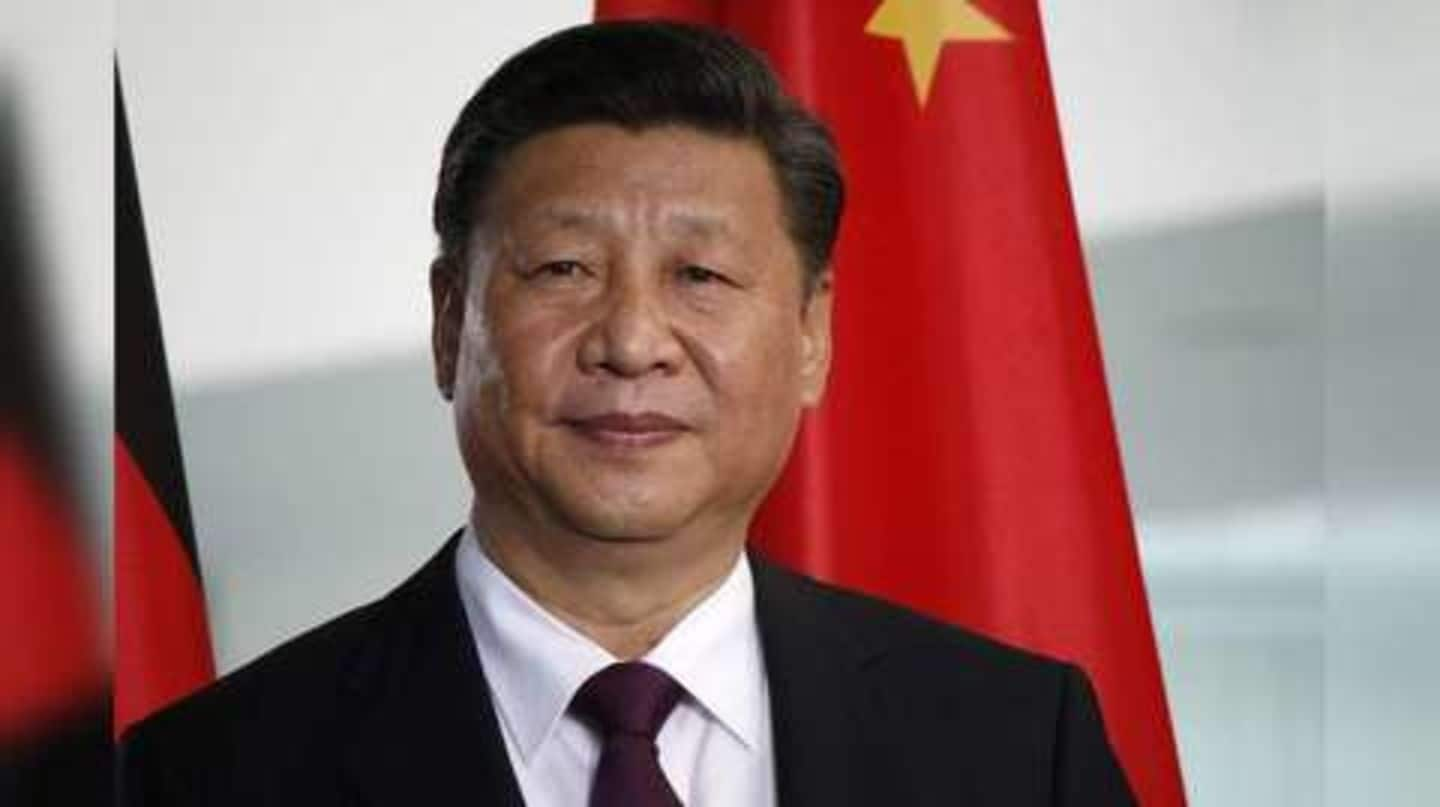
China stepping up ideological education to legitimize Xi's regime
What's the story
A recent New York Times report on mandatory ideological education in Chinese universities reveals fault lines between China's emergent, worldly youth, and the country's long history of Maoist ideology. While ideological education has been mandatory in Chinese schools for decades, the government is reportedly stepping up ideological education efforts in its universities to help lend legitimacy to President Xi Jinping's agendas. Here's more.
Anxiety
Communist Party anxious about current generation's "ideological purity"
China, so far, has had success with patriotic education in primary and secondary schools. However, by the time students reach college, they're often more critical, worldly, and defiant, thereby creating anxiety within the Communist Party about the "ideological purity" of the current generation of university students, who have little to no personal connection with Mao's era and the ideals of revolutionary politics.
Govt pressure
Universities under pressure to increase dosage of ideological education
Consequently, under pressure from the Xi government, China's 2,500+ universities are prescribing heavier doses of ideological education, while professors are toiling to make the mandatory courses more engaging and relatable for China's increasingly cosmopolitan youth. The result? As NY Times reports, the youth are echoing party lines in the class room, while going about their own lives outside it.
Modernization
How some teachers are trying to make courses more engaging
Feng Wuzhong, the head teacher for the Mao Zedong Thought course at Beijing's Tsinghua University, is one of the people leading the push to modernize such ideological courses. In 2015, he started offering courses on Maoist thought on edX, the online education platform created by Harvard and MIT. During live lectures, Feng also tries to promote student engagement by offering digital cash via WeChat.
Dichotomy
Despite dichotomies, push for ideological education is likely to increase
Yet, such desperate attempts by people like Feng only highlight the dichotomy of forcefully teaching Maoist ethics and thought in a country which has openly embraced global capitalism, and is one of its biggest players. Despite this dichotomy, however, pressure from the Jinping-led government to push ideological education is likely to increase as Xi Jinping looks to further consolidate his rule for perpetuity.
Legitimacy
Invoking Maoist thought to legitimize current regime
While emphasis on Maoist thought and ideals evokes turbulent periods of Chinese history, many in China still see Mao Zedong as a hero. Mao's philosophy, including elements like suspicion of foreign ideas, and calls for centralized power help lend legitimacy to the undemocratic nature of politics in China, whose latest face is Xi Jinping, He is also one of China's most powerful recent leaders.